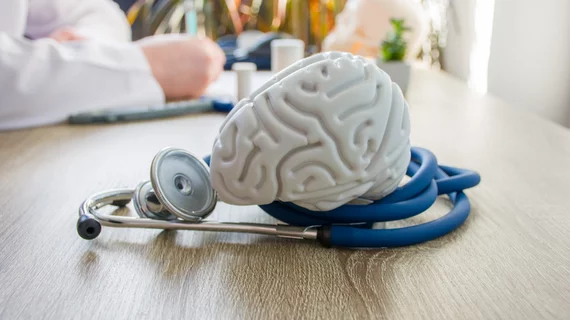FDA clears AI-powered brain MRI software from French firm Pixyl
The U.S. Food and Drug Administration has cleared an artificial intelligence-powered software for analyzing MRIs of the brain, developer Pixyl announced Monday.
The Grenoble, France-based firm’s Pixyl.Neuro processes scans to help aid in diagnosing and monitoring neurological disorders. Leaders said their goal is to improve detection rates while reducing radiologists’ read times.
“AI-driven MRI analysis opens the possibility of accessing previously unavailable clinically relevant information to reinforce radiology workflows, especially in the context of neurological disorders,” Lotfi Hacein-Bey, MD, chief of the Division of Neuroradiology at the University of California, Davis, said in a Nov. 20 announcement. “With disease modifying treatments for MS and now Alzheimer's disease, it is more important than ever to highlight activity and monitor disease evolution.”
Pixyl said the product works by quantifying brain region volumes and comparing them against data from healthy patients to pinpoint atrophy and support differential diagnoses. It operates using minimal MRI protocols and produces results “in a matter of minutes,” according to the announcement.
Pixyl.Neuro also earned a CE mark in the European Union, with providers currently using it across 12 countries in the EU, North America and Africa.

